Parents of poorly baby want to help support others
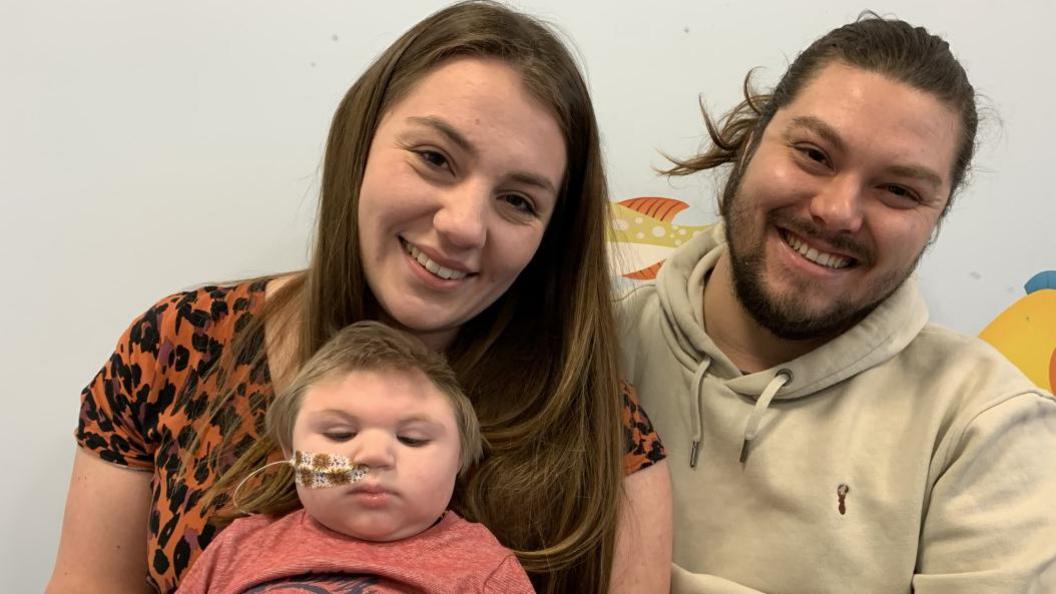
Daryl and Tom said they loved to see and hear Oakley smile and laugh
At a glance
Daryl and Tom want to build a community to help others
Their son, Oakley has a rare brain condition called lissencephaly
It affects one in 100,000 with neural brain circuits not forming
Oakley has to be fed by a tube
He attends play therapy sessions
- Published
The loving parents of a child with a rare brain condition that affects one in 100,000 hope to create a community for people dealing with complex medical needs.
Daryl and Tom's nine-month-old, son Oakley, has lissencephaly, external, which means his brain's neural circuits have not formed.
"We don't know if he will be able to walk, to talk, and it's the simple things that people take for granted like whether he will be able to say mum and dad", Daryl said.
Oakley, from Aylesbury, Buckinghamshire, has to be fed by a tube and cannot reach or grasp for things.
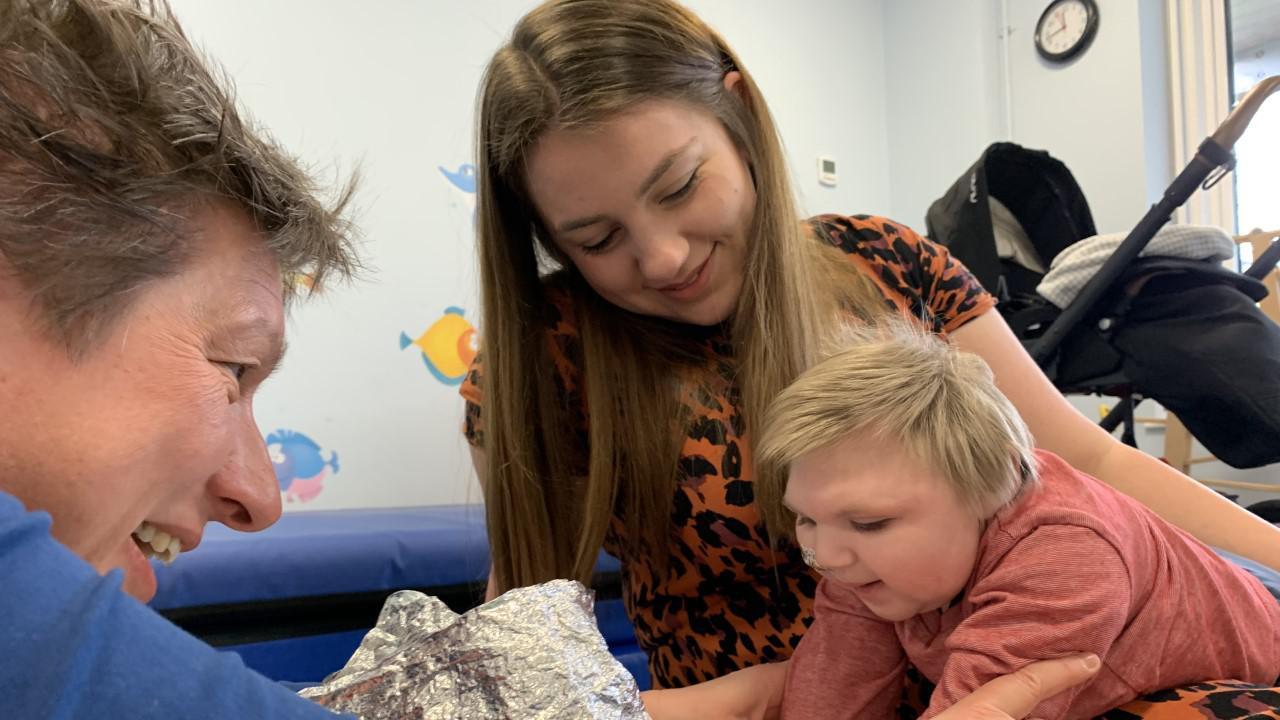
Daryl said: "I do feel incredibly lucky to have him, he was sent to us for a reason"
"As a nine-month-old baby there are certain things you may expect your child to be able to do and for us that's quite limited", Daryl said.
"When you have children you have an expectation that you're going to go for walks in the park, go on holiday, go to the beach, you're going to eat ice cream... just the basic day-to-day things have been kind of taken away.
"We work really hard to work with Oakley to develop his potential and I call it unlocking his abilities."
The family attends play therapy at the Pace centre, external, Aylesbury.
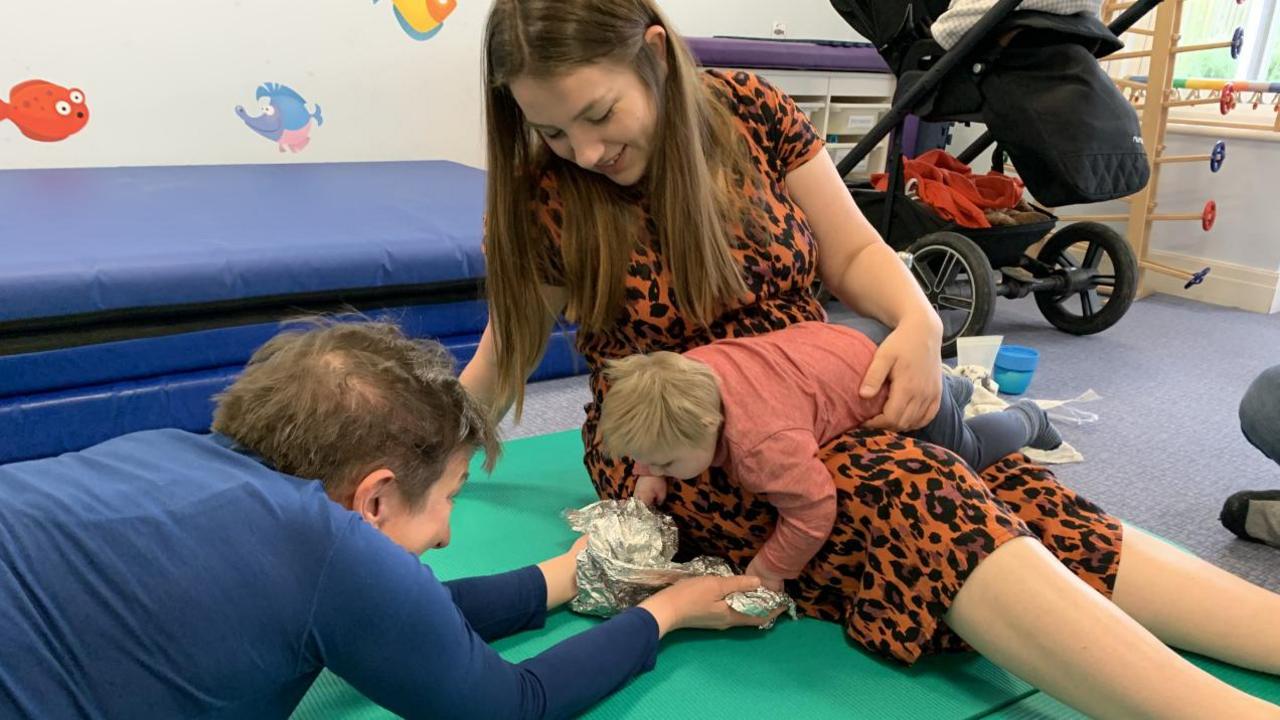
Pace has said it "can help parents learn new skills, and reduce concerns"
Daryl said the support and resources the family had received meant they wanted to help others.
She hopes to create a community of people to share resources, tips and information to help deal with the "emotional highs and lows" of being a complex medical parent.
"In your dark hours, when you're lying alone in bed at night and you feel the weight of the world on your shoulders, when you can connect, there's something about solidarity that makes the world not seem to dark," she added.
Find BBC News: East of England on Facebook, external, Instagram, external and Twitter, external. If you have a story for us, email eastofenglandnews@bbc.co.uk, external
You might also be interested in
- Published13 April 2023
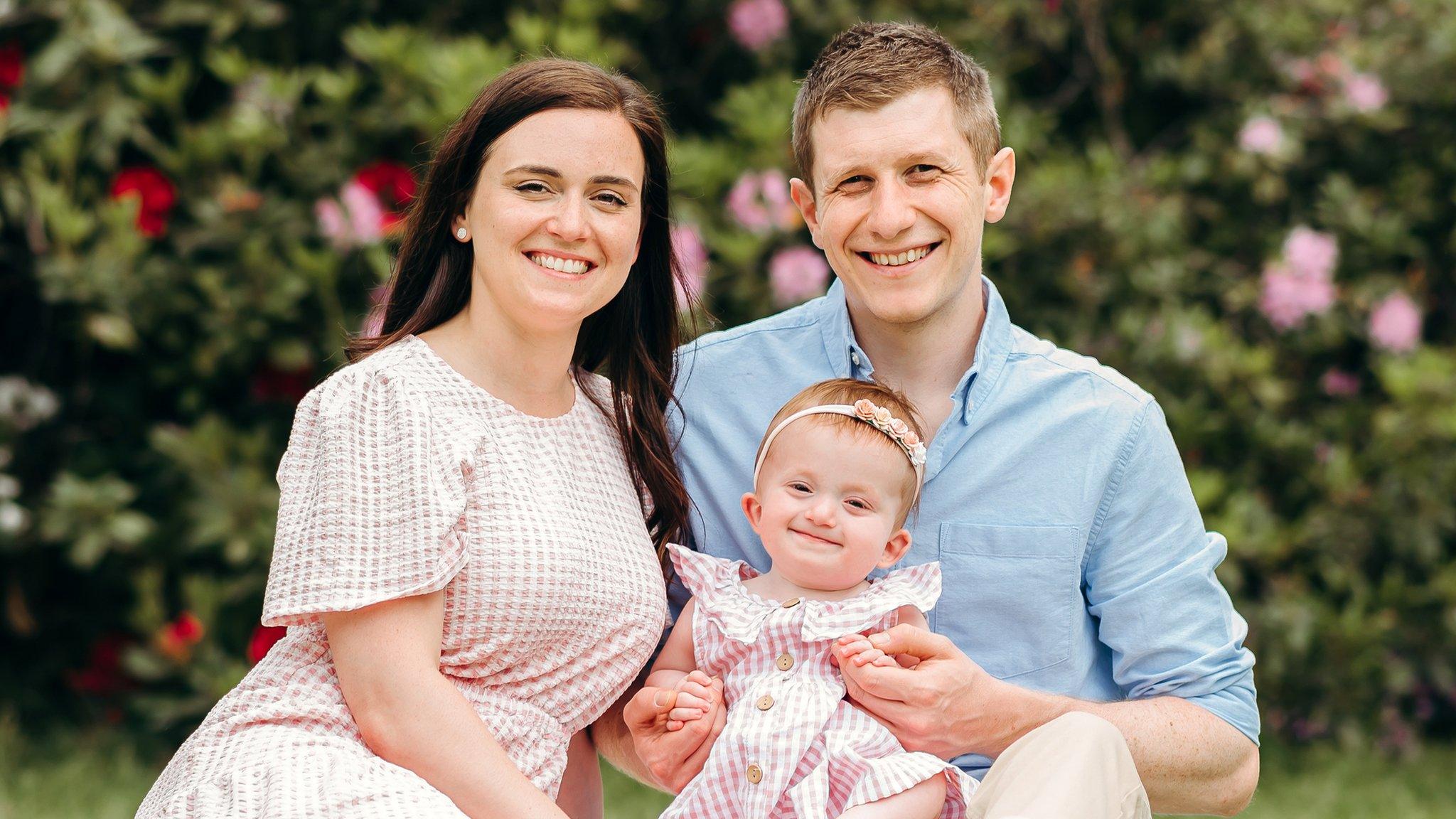
- Published29 March 2023
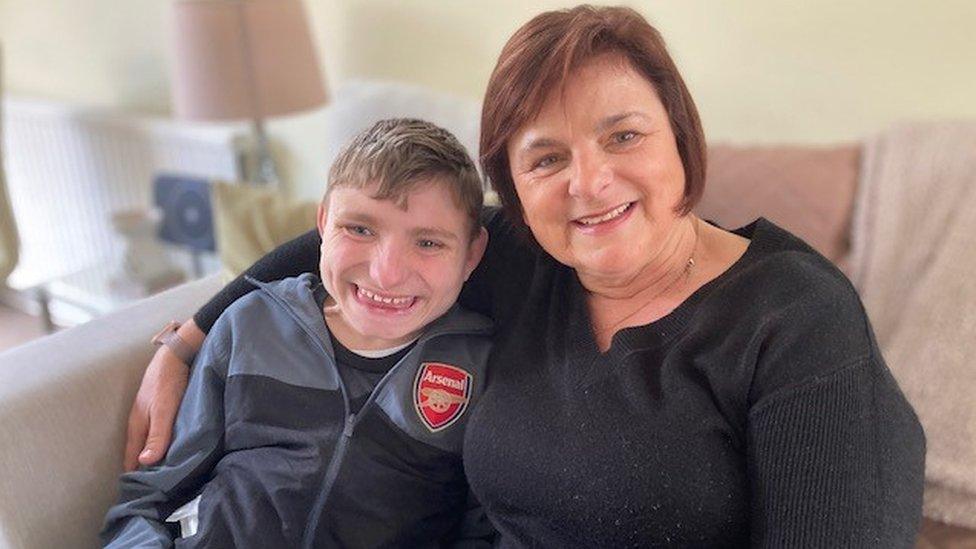
- Published11 November 2011